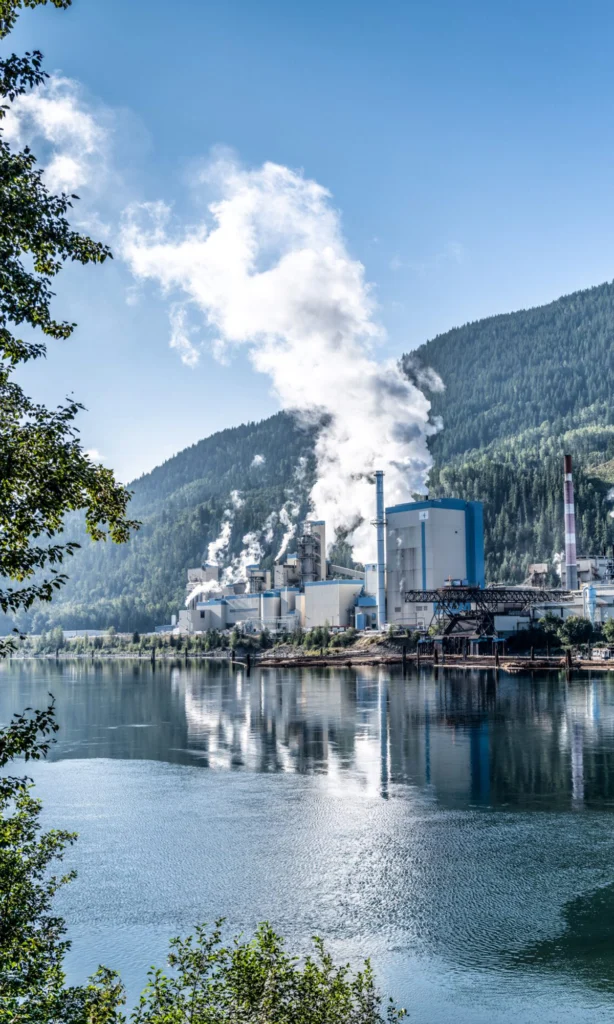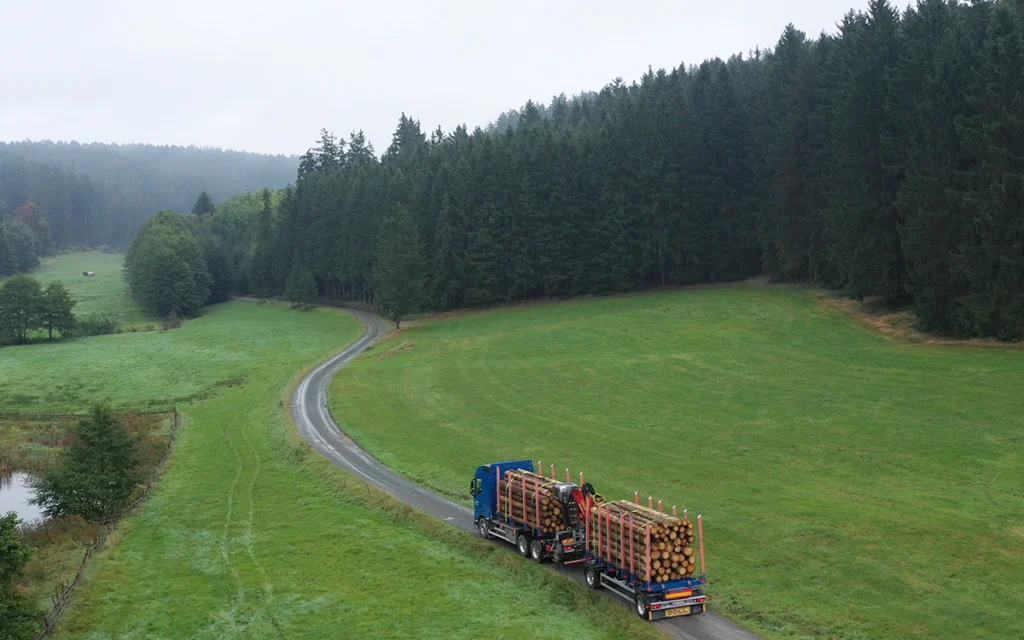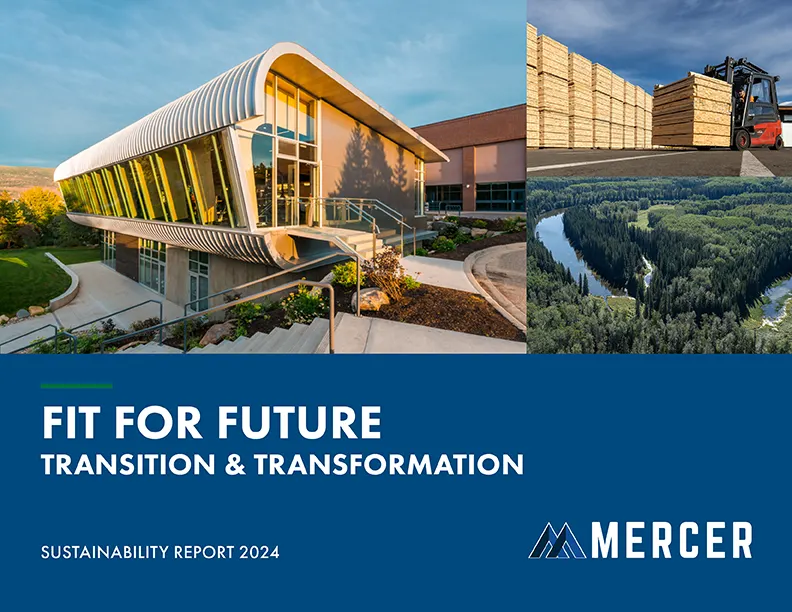Air Quality

Investing in technologies that monitor and maintain air quality helps us ensure that our operations can meet regulatory requirements. All of our plants are subject to permits, authorizations, and approvals and we must comply with prescribed emission limits. We also maintain strict oversight of our emissions monitoring through regular audits, including internal and external reviews, compliance checks, and third-party audits. Audit results are then reported to senior management and environment teams to ensure accountability and continuous improvement.
MONITORING AND MEASURING AIR QUALITY
SO2 (SULFUR DIOXIDE)
As part of the chemical recovery process, black liquor is burned in the recovery boiler, releasing SO2 as a by-product of the reaction between the sulfur compounds in the black liquor and oxygen in the air. SO2 emissions intensity has remained steady since prior year. Our ongoing investments in mill and equipment reliability, coupled with process improvements and root cause analyses, directly target enhanced air quality parameters.
NOX (NITROGEN OXIDE)
NOx emissions from our pulp mills predominantly originate from burning fuels in our boilers. NOx emissions intensity has remained steady since prior year.
PARTICULATES
Particulate matter is a mixture of solid and liquid particles that can be released into the atmosphere during various stages of our kraft pulp mill processes. Particulate emissions intensity has remained relatively steady since prior year. Our Environmental Management System is aligned with ISO 14001 which provides a systematic framework for Mercer to manage its environmental impact, including air quality, by requiring us to:
- Identify and assess environmental aspects and impacts, specifically those related to air emissions.
- Establish measurable objectives and targets for improvement.
- Implement controls and monitoring systems to minimize air pollution.
- Ensure compliance with relevant legal requirements.
- Promote continual improvement of their environmental performance.
ISO 14001 supports a structured approach to air quality management, moving from identifying problems to implementing solutions and continuously refining processes.
All four of our pulp mills are ISO 14001 certified and operate under air quality permits that limit air emissions to safe and acceptable levels.




